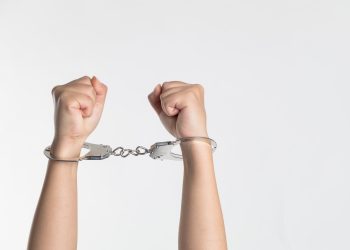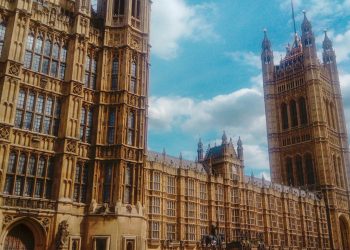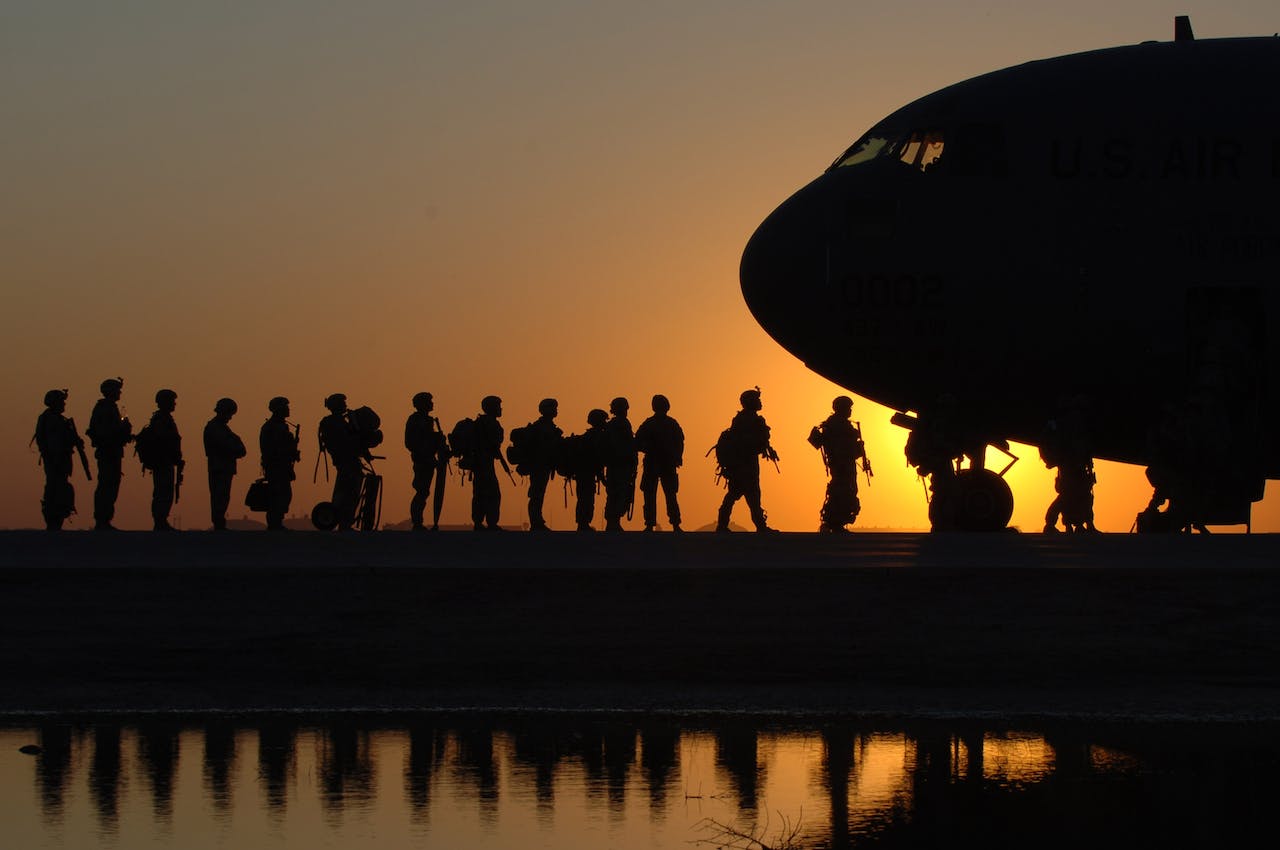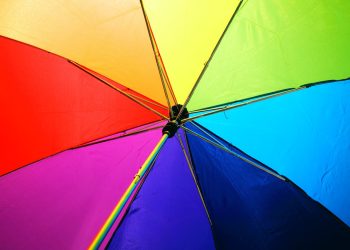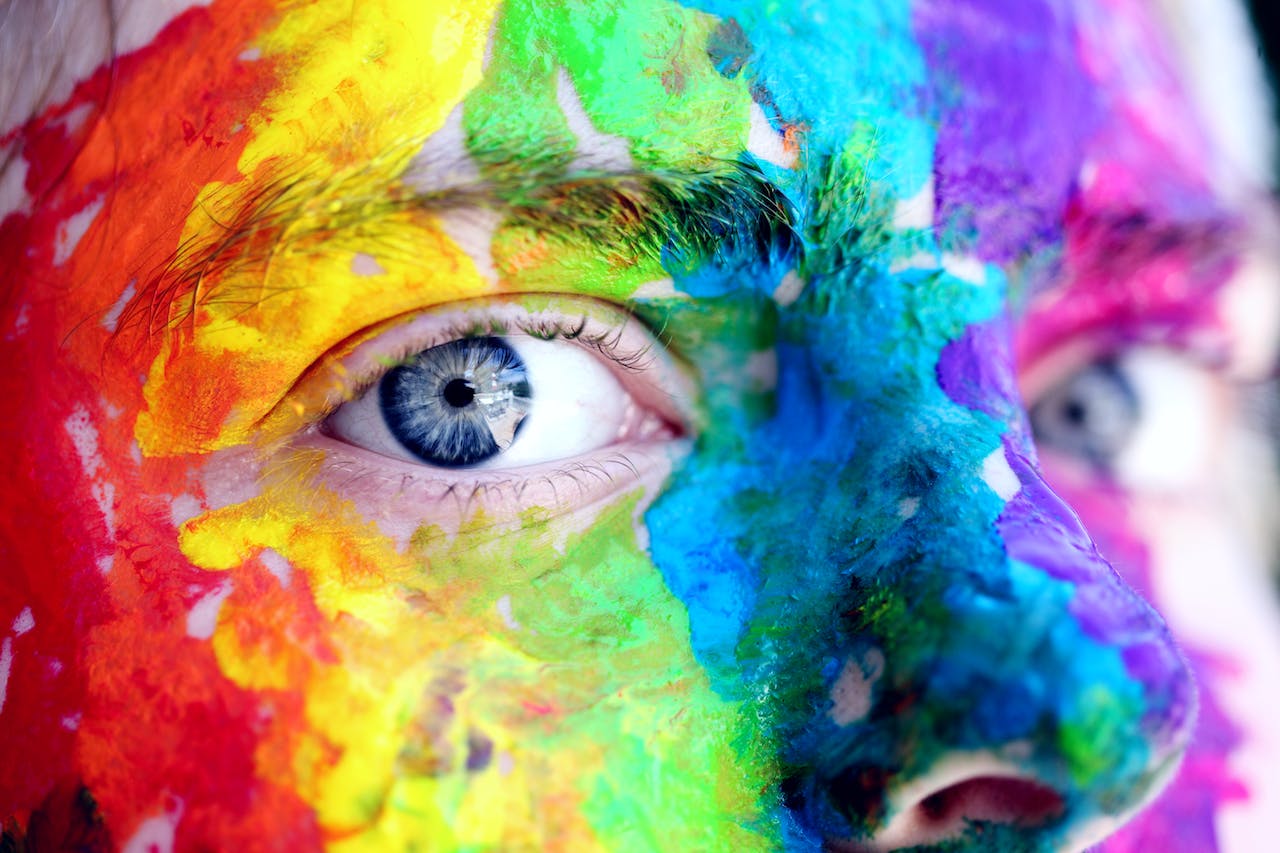In an act that has ignited a fervent debate across the nation, Pura Luka Vega, whose off-stage name is Amadeus Fernando Pagente, could face jail time. The uproar surrounds Vega’s performance at Manila’s Pride celebration, where they delivered a punk interpretation of the Lord’s Prayer while donned in attire resembling Jesus Christ.
Swift Condemnation from the Church
Once the performance gained traction online, it was immediately met with condemnation from several high-profile religious leaders and policymakers. The Catholic Bishops Conference of the Philippines branded Vega’s performance as “disrespectful” and “blasphemous”. Further intensifying the situation, religious groups like the Philippines for Jesus Movement, along with others, filed a legal complaint against Vega.
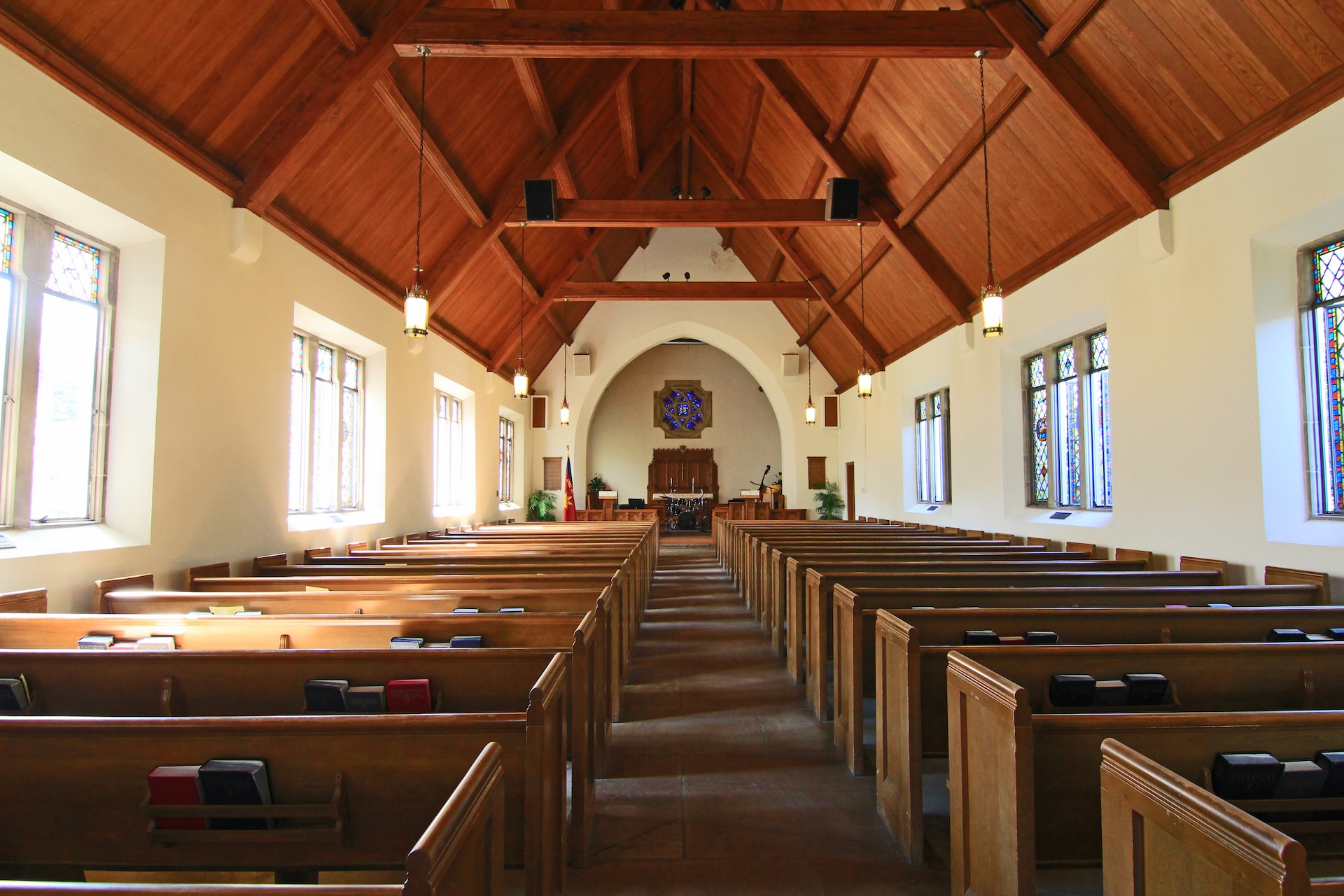
In an additional setback for the drag artist, Vega has been banned from 17 regions in the country, encompassing major cities such as Manila and Cebu.
Potential Legal Repercussions
Now, at the age of 33, Vega is grappling with severe legal threats. The charges levelled against them fall under a law targeting “immoral or indecent” acts that could be deemed offensive to any religion or ethnicity. If found guilty, Vega might be incarcerated for up to 12 years and face significant fines.
Global Perspective on Freedom of Expression
Amidst the national furor, some are championing Vega’s artistic freedom. Ryan Thoreson, affiliated with Human Rights Watch’s LGBT Rights Program, highlighted that while Vega’s act might be polarizing, it is safeguarded as a form of expression under global human rights standards. Thoreson articulated, “Artistic freedom encompasses expressions that may challenge or even mock religious tenets.”
Vega Speaks Out
In the aftermath, Vega took to X (formerly Twitter) in July to elucidate their intentions, describing the act as their personal way of venerating God. “It’s my personal journey and expression, rooted in the rights I’ve been denied,” Vega expressed. Speaking later to the AFP news outlet, Vega reflected on the broader implications of their arrest, pointing to the pervasive homophobic sentiment in the Philippines.
Growing Appeals for Acquittal
While the nation remains split on Vega’s act, figures like Thoreson are advocating for the immediate withdrawal of the charges and Vega’s release. The ultimate decision now rests in the hands of the judiciary.
©unitedradiance.org

